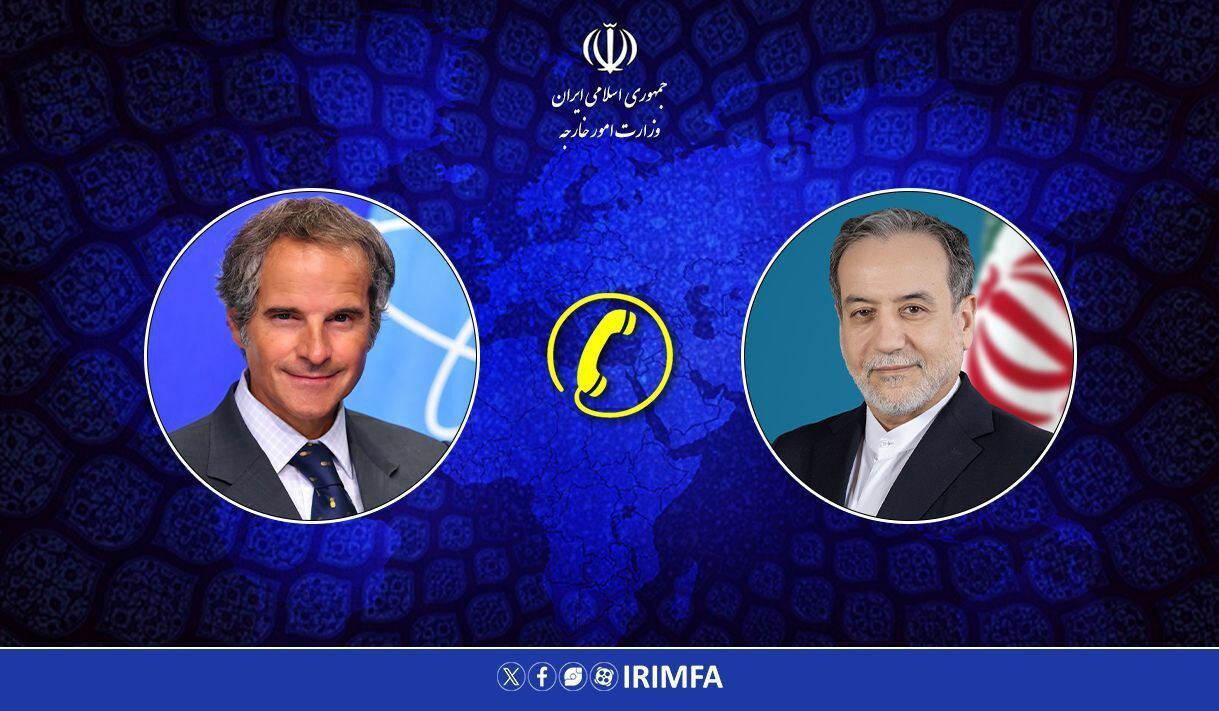
Similar Posts
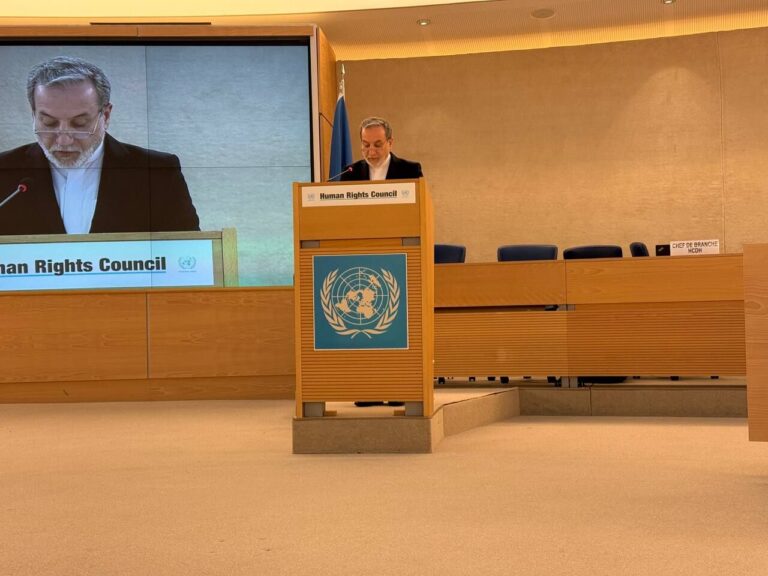
Iran Sounds Alarm: Human Rights Shouldn’t Be Weaponized for Political Gain
In an address at the UN Human Rights Council, Iranian Foreign Minister Abbas Araghchi criticized the manipulation of human rights by certain nations to exert political and economic pressure. He emphasized that human rights should be pursued with mutual respect and non-interference, calling for fairness and impartiality in protecting these rights. Araghchi condemned unilateral sanctions, stating they harm ordinary citizens, particularly vulnerable groups. He highlighted Iran’s suffering from such measures and demanded their immediate lifting. Additionally, he condemned Israeli actions against Palestinians, calling for accountability and a unified international response to these injustices.
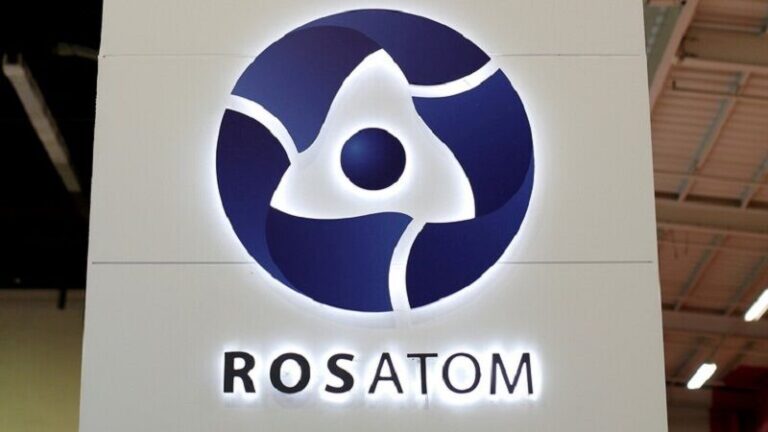
Russian Rosatom and Iran Join Forces to Develop New Nuclear Power Plants
Iran and Russia are enhancing their partnership in nuclear power plant construction, as announced by Rosatom’s Director General Alexey Likhachev on January 17, 2025. The collaboration focuses on developing both small and large-scale nuclear projects, with plans to negotiate the construction of an additional large-scale plant in Iran. This initiative underscores the strategic partnership between the two nations in the energy sector, as they aim to boost their nuclear energy capabilities. Their cooperation could significantly impact global sustainable energy solutions, marking a promising future for their joint endeavors in nuclear infrastructure.
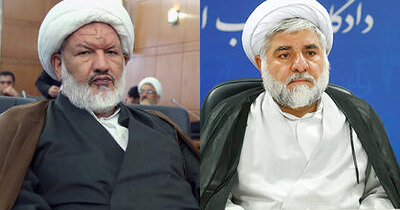
Mysterious Fatal Shooting of Iranian Judges Shocks Nation: Unraveling the Unexplained Tragedy
Two Supreme Court judges in Tehran, Mohammad Moghiseh and Ali Razini, were shot dead in a shocking attack that raises serious security concerns within Iran’s judicial system. The assailant, a staff member at the judiciary headquarters, reportedly used a handgun before committing suicide. Initial reports suggested a third judge was targeted, but this was denied. The Judiciary highlighted that the judges were committed to fighting national security crimes and terrorism. Following the attack, several courthouse staff were arrested, and the incident has prompted discussions about increasing security measures for judicial officials in Iran.
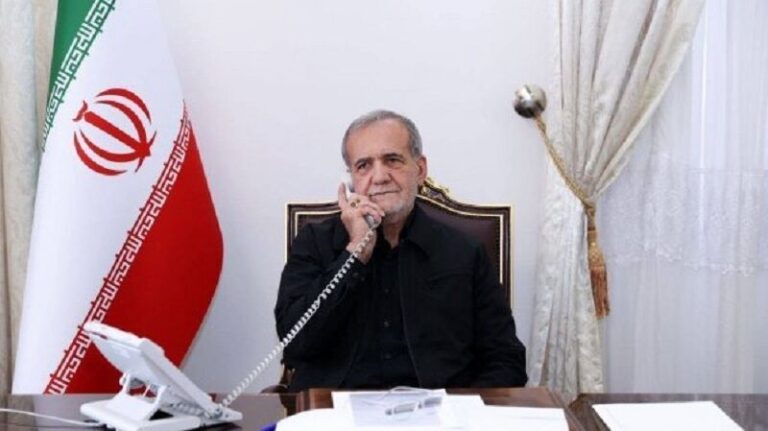
Iran Strengthens Ties with Latin America, President Declares Focused Commitment
Iranian President Masoud Pezeshkian has emphasized his country’s commitment to strengthening ties with Latin American nations, particularly during a phone call with Colombian President Gustavo Petro. Pezeshkian highlighted the importance of regional cooperation and unity among independent nations, especially in light of challenges posed by US policies. He praised Colombia’s stance on the Gaza situation and the need for peace. In response, Petro expressed enthusiasm for enhancing collaboration with Iran and reiterated Colombia’s support for the Palestinian cause. This exchange reflects a significant step in Iran’s foreign policy aimed at fostering partnerships in Latin America amidst shifting global dynamics.
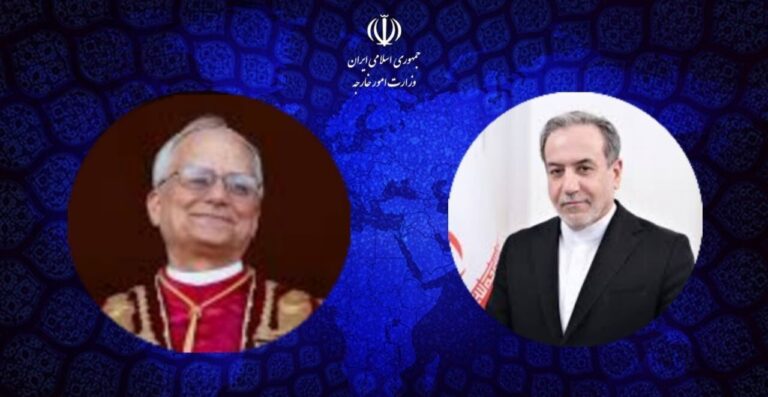
Iran Extends Warm Wishes to Newly Elected Pope: A Historic Gesture of Diplomacy
Tehran’s Foreign Minister Abbas Araqchi congratulated newly-elected Pope Leo XIV, expressing hope that the pontiff will promote religious values to foster justice, peace, and dialogue amid global conflict. Araqchi’s message followed the election of Cardinal Robert Prevost as the 267th leader of the Roman Catholic Church. He highlighted the election as a beacon of hope to combat injustice, poverty, and war. The 69-year-old Chicago native is the first American pope, having previously served in Latin America, including a decade in Peru. He succeeds Pope Francis, who passed away at 88 after health complications.
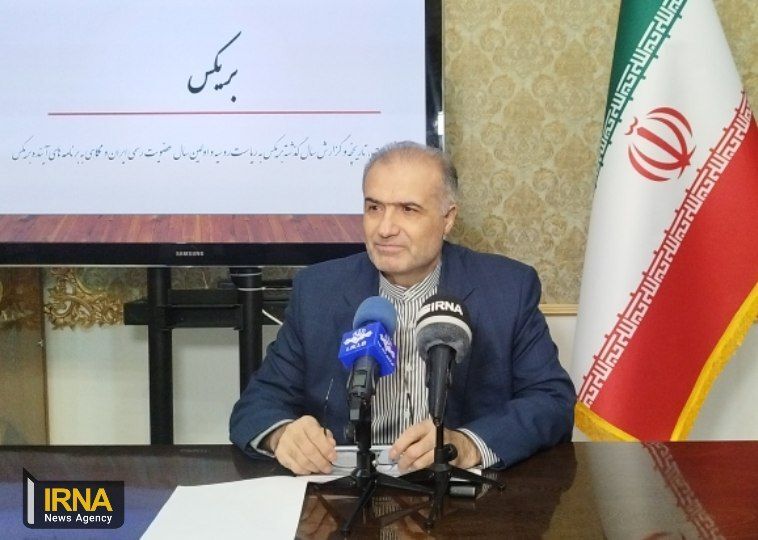
Iran’s Envoy to Russia Highlights BRICS’ Crucial Role in Shaping the Future of Global Politics
Iran’s Ambassador to Russia, Kazem Jalali, stated that the BRICS group is emerging as a significant force in global dynamics. He highlighted the inefficacy of the current international power structure and the bloc’s emphasis on de-dollarization, predicting that the US dollar’s share in central bank reserves will drop from 58% to 35-40% by 2030. BRICS countries are expected to account for 48% of global GDP and a quarter of global exports. Jalali noted the establishment of the New Development Bank as an alternative to Western frameworks and emphasized 2024 as a pivotal year for BRICS, with its membership expanding from five to ten.